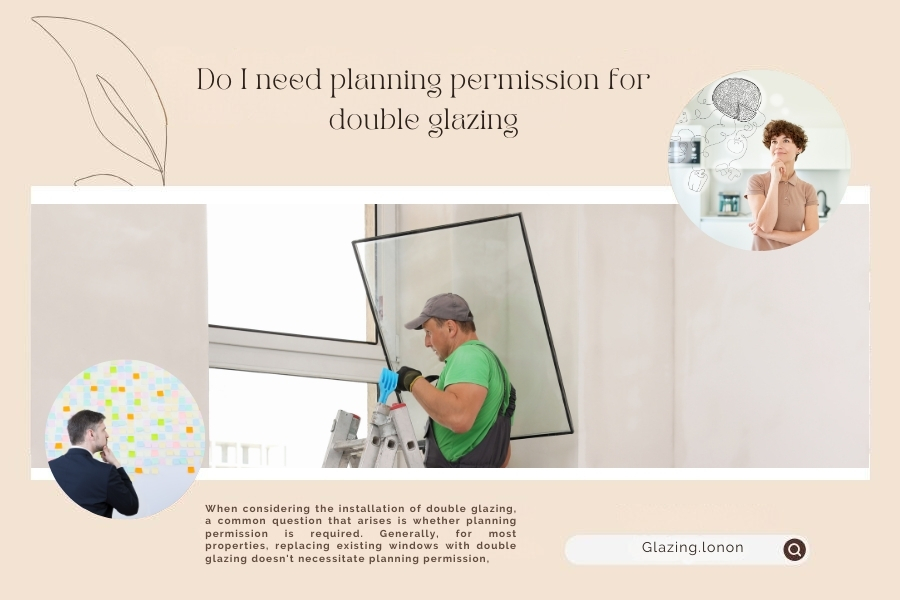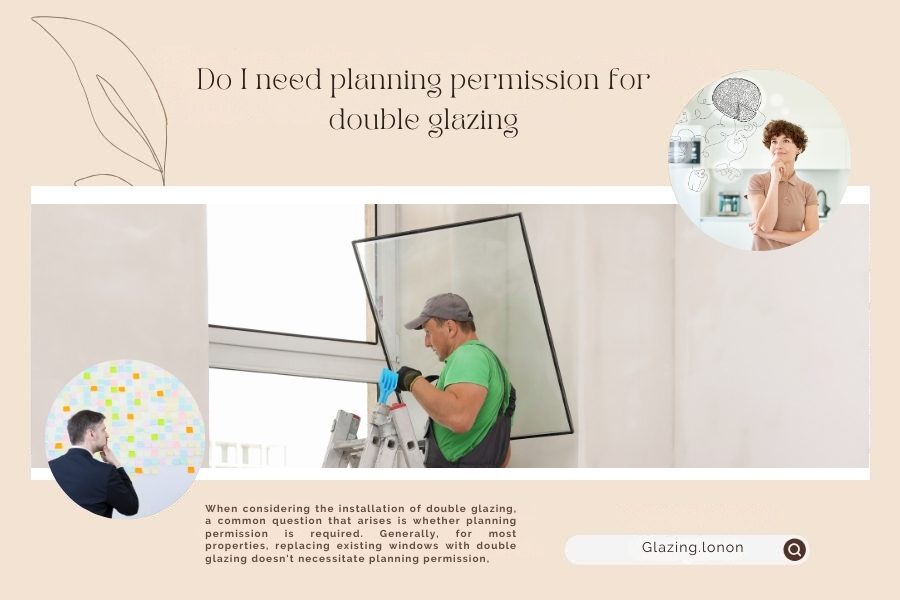
planning permission , When considering the installation of double glazing service in london , a common question that arises is whether planning permission is required . Generally , for most properties , replacing existing windows with double glazing doesn’t necessitate planning permission , as it’s usually considered a permitted development . However, there are exceptions to this rule , particularly in the case of listed buildings and properties located in conservation areas . In these instances , the historical or architectural significance of the building or area can impose restrictions on modifications , including window replacements .
Additionally , properties subject to specific regulations like Article 4 Directions might also require permission for such changes . While planning permission might not be broadly required , it’s crucial to adhere to building regulations which ensure standards of safety , energy efficiency , and design are met . Homeowners , especially those in sensitive or specially designated areas , should always verify with their local planning authority before proceeding with double glazing installations to ensure compliance and avoid potential legal complications .
Listed Buildings
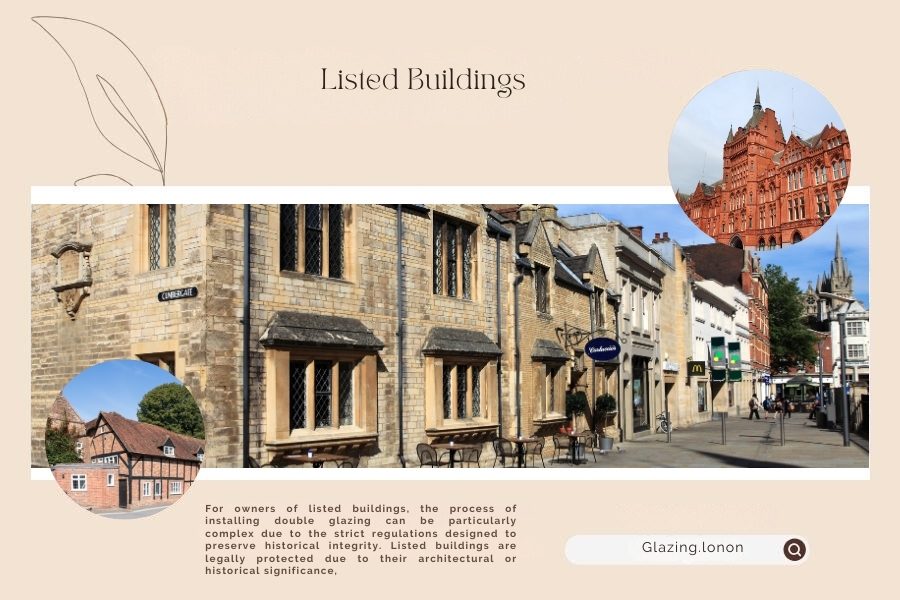
planning permission , For owners of listed buildings , the process of installing double glazing can be particularly complex due to the strict regulations designed to preserve historical integrity . Listed buildings are legally protected due to their architectural or historical significance , and any modifications , including windows replacements , often require specific planning permission . This is because the authorities aim to maintain the building’s original character and appearance .
In many cases , the doors installation of double glazing in a listed building is either highly restricted or not permitted at all , to preserve the traditional materials and craftsmanship . Owners must consult with their local conservation officer or planning authority before undertaking any such work . The approval process may involve ensuring that the new windows match the style , materials , and design of the existing ones , and in some cases , alternative solutions like secondary glazing might be suggested to improve thermal efficiency without altering the external appearance of the building .
Conservation Areas
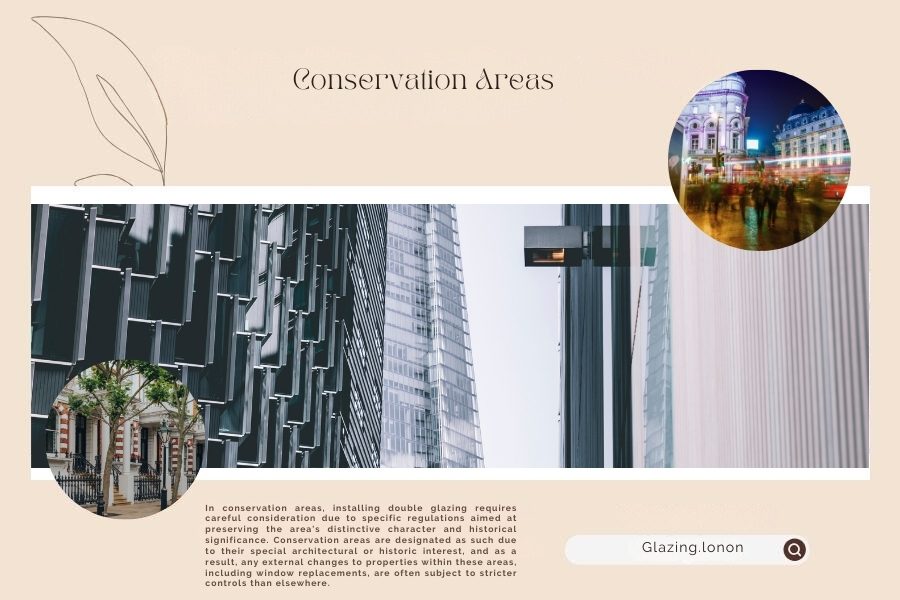
planning permission , In conservation areas , installing double glazing requires careful consideration due to specific regulations aimed at preserving the area’s distinctive character and historical significance . Conservation areas are designated as such due to their special architectural or historic interest, and as a result , any external changes to properties within these areas , including window replacements , are often subject to stricter controls than elsewhere .
While our services itself is not always prohibited in these zones , any modifications must typically be in keeping with the area’s aesthetic . This can mean using materials and designs that match the existing character of the building and the surrounding environment. For instance , the type of frame and the style of the glazing might need to replicate the traditional appearance .
Homeowners in conservation areas should consult with their local planning authority before proceeding with the installation of double glazing . This step ensures that any proposed changes comply with area-specific guidelines and regulations . In some cases, planning permission may be required, especially if the changes significantly alter the external appearance of the property . The aim is to balance the benefits of modern glazing , such as improved energy efficiency and reduced noise , with the need to preserve the unique character of the conservation area .
planning permission | Building Regulations
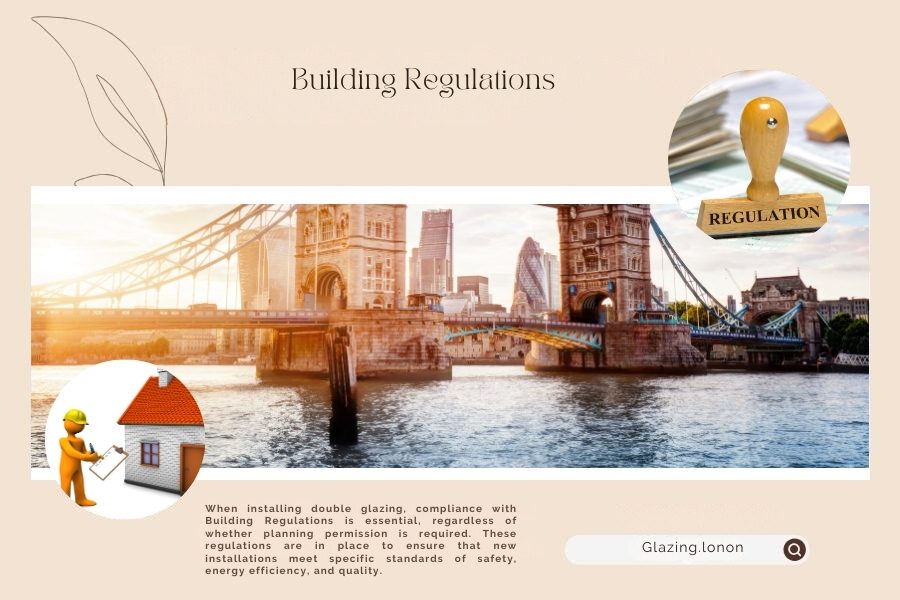
When installing double glazing windows , compliance with Building Regulations is essential , regardless of whether planning permission is required . These regulations are in place to ensure that new installations meet specific standards of safety , energy efficiency , and quality .
For double glazing , the key aspects covered by Building Regulations include thermal performance , safety , ventilation , and means of escape in case of fire . The thermal performance is particularly important ; windows must meet a certain level of energy efficiency , often indicated by their U-value, which measures how well they prevent heat from passing through the glass . This is not only beneficial for reducing energy bills but also important for environmental conservation .
planning permission | Safety glazing is another critical factor , especially in certain areas of a home where the risk of accidents is higher , like low-level windows or those near doors . The regulations dictate that these windows must be fitted with toughened or laminated glass to reduce the risk of injury in case the glass breaks .
Ventilation is also a consideration , as adequate air flow is necessary to prevent issues like damp and condensation . In some cases , new windows must include trickle vents or other means of providing background ventilation .
Finally , in the case of upper-floor windows , regulations may require specific opening sizes or types to ensure they can be used as escape routes in emergencies .
Homeowners are advised to use a certified installer who can self-certify the compliance of their work with Building Regulations . If an uncertified installer is used , the homeowner must apply to their local building control body for an inspection and approval , which can be an additional cost and time consideration . Compliance is not just a legal requirement but also provides assurance that the new windows are safe , efficient, and fit for purpose .
Conclusion | planning permission
In conclusion of planning permission , while installing double glazing in most properties does not typically require planning permission , it’s imperative to be aware of and adhere to specific circumstances and regulations that might necessitate it . This is particularly crucial for properties in conservation areas, listed buildings , or those subject to Article 4 Directions , where preserving architectural or historical integrity is paramount . Regardless of the need for planning permission , compliance with Building Regulations is always mandatory , ensuring that new installations meet the required standards for safety , energy efficiency , and overall quality .
planning permission , Homeowners are advised to consult with their local planning authorities or a certified installer to ensure all legal and regulatory requirements are met , thereby ensuring a smooth and compliant upgrade to their property . This due diligence not only ensures legal compliance but also contributes to the preservation of the property’s character and the wider community’s heritage , all while reaping the benefits of modern, efficient glazing .

